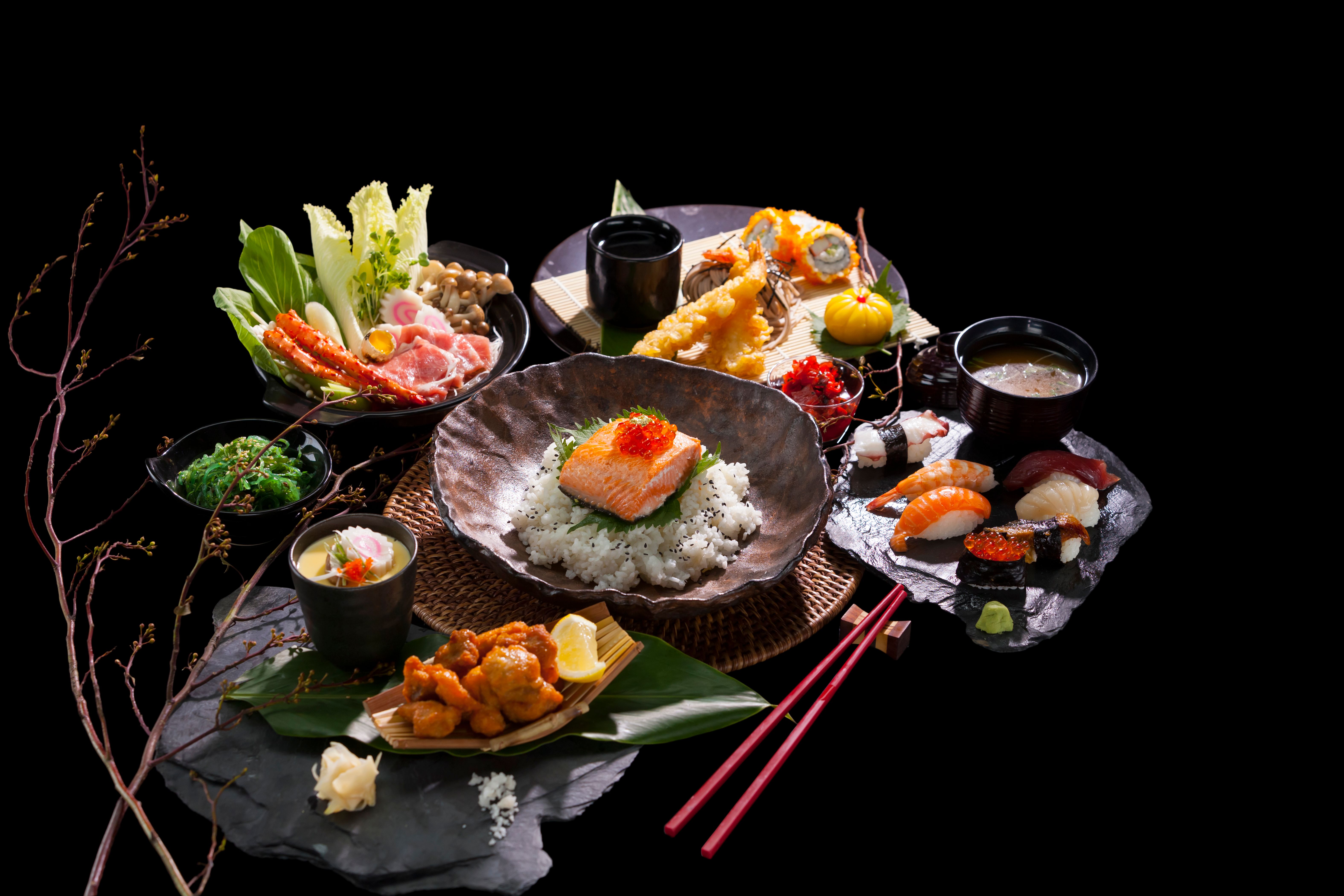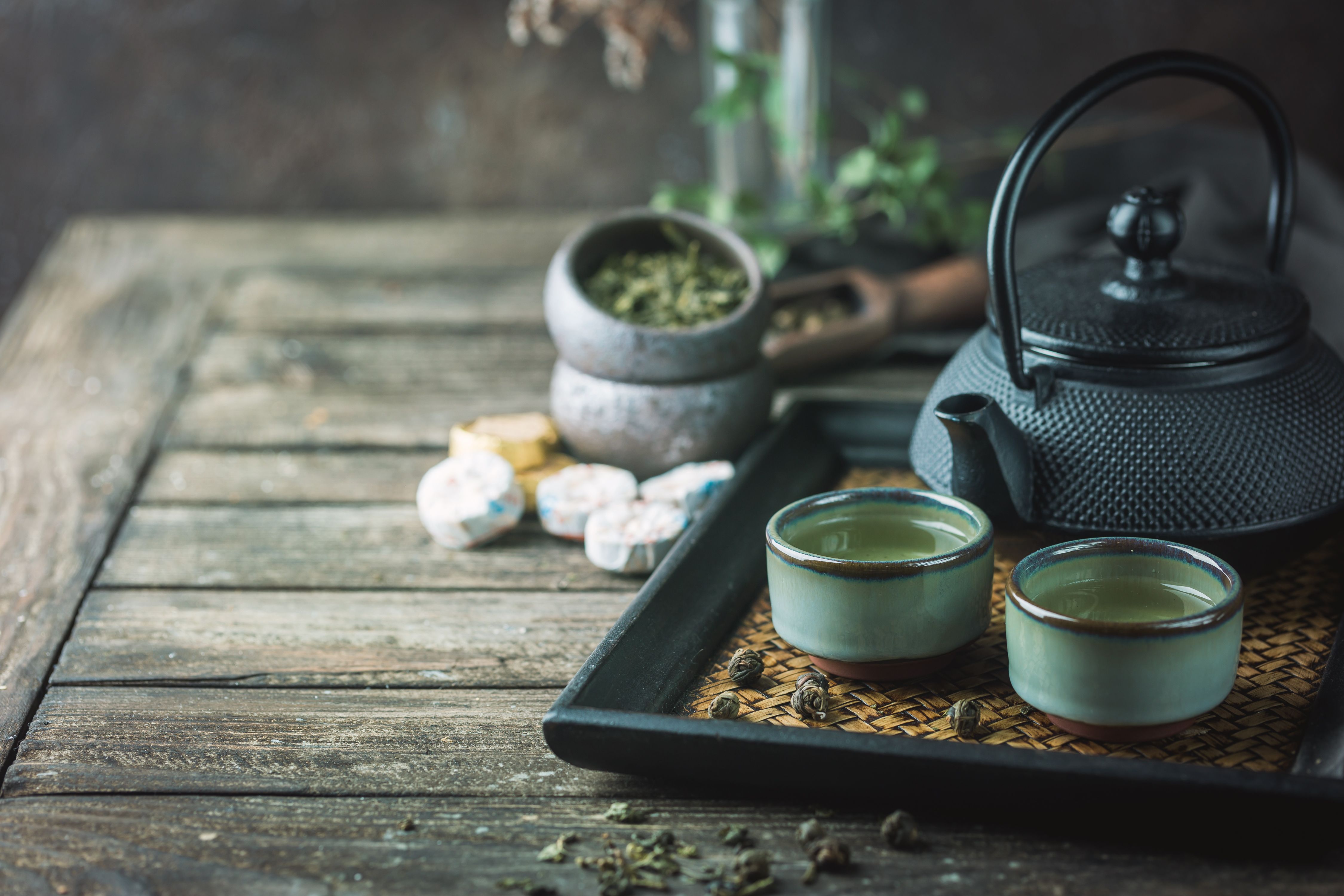Exploring Hijiki: The Unique Seaweed of Asian Cuisine
Introduction to Hijiki
Hijiki is a type of seaweed that holds a special place in Asian cuisine, particularly in Japan. Known for its unique taste and texture, hijiki has been a staple in Japanese diets for centuries. This nutritious seaweed is often found in salads, soups, and various side dishes, offering both culinary and health benefits.
Nutritional Benefits of Hijiki
Hijiki is packed with essential nutrients, making it a popular choice for health-conscious individuals. It is rich in dietary fiber, which aids in digestion and promotes a healthy gut. Additionally, hijiki contains significant amounts of iron, calcium, magnesium, and vitamin K, all of which contribute to maintaining strong bones and overall well-being.
Moreover, hijiki is known for its high iodine content, which supports thyroid function and helps regulate metabolism. Incorporating hijiki into your diet can provide these nutrients in a natural and delicious way.
Culinary Uses of Hijiki
In Asian cuisine, hijiki is often used in a variety of dishes due to its versatile nature. Here are some popular ways to enjoy hijiki:
- Hijiki Salad: A refreshing dish made by soaking hijiki in water and mixing it with carrots, soybeans, and sesame seeds.
- Hijiki Rice: Adds flavor and nutrition when mixed with cooked rice, offering a savory side dish.
- Miso Soup: Hijiki can be added to miso soup for an extra burst of flavor and nutrients.

Preparing Hijiki at Home
Preparing hijiki at home is simple. Start by soaking the dried hijiki in water for about 30 minutes to rehydrate it. Once soaked, drain and rinse the seaweed thoroughly. From here, it can be added to various dishes as desired. The soaking process not only softens the hijiki but also enhances its flavor.
For those new to cooking with seaweed, hijiki's mild taste makes it an excellent starting point. Its ability to absorb flavors from other ingredients allows it to complement a wide range of dishes.
Cultural Significance of Hijiki
Hijiki holds cultural significance in Japan, where it is often associated with health and longevity. Traditionally, it has been consumed to promote beauty and vitality. This belief in its health benefits has contributed to its popularity over the years.

Conclusion: Embracing Hijiki
Whether you're an adventurous foodie or someone looking to add more nutritious options to your diet, hijiki offers a unique and flavorful experience. Its rich nutrient profile combined with its versatility in the kitchen makes it a valuable ingredient in Asian cuisine. Embrace the opportunity to explore hijiki and discover the benefits of this remarkable seaweed.
